Imagine growing up in a world where horsemanship was the main dinner table discussion every night. For Australian Brett Parbery, that was the reality.
The now world-renowned Grand Prix rider and trainer from Australia, forged one of the most unique paths to the top of dressage sport, learning valuable lessons from different disciplines and teaching methodologies along the way.
Holding true to Dressage at Devon’s mission to further the education of dressage riders, and help to introduce other equestrians and horse enthusiasts to dressage, Brett Parbery’s background within several different equestrian disciplines and passion for teaching and training make him the perfect fit as our The Jewel Court Stud USA Dressage at Devon 2024 Masterclass presenter.

One of Dressage at Devon’s long-time supporters and competitors, JJ Tate, invited Brett Parbery onto her Team Tate Academy podcast, “Dressage Life with JJ Tate,” to discuss in-depth, Brett’s background growing up on a ranch in Australia, his time on the pro-rodeo circuit, how he found a love for dressage, and what his most important dressage takeaways are. Listen to the full episode here, and read more about Brett below.
Brett’s life as a cowboy
Brett grew up on his father’s cattle ranch in Northern New South Wales, and from a young age was helping his dad to train their cutting and campdrafting horses in what is now known as “natural horsemanship.”

Growing up within the western disciplines of riding, Brett’s first professional riding experience came in the form of saddle bronc riding with the best in the world on the Professional Rodeo Cowboys Association (PRCA) in The United States.
Finding dressage in the most unlikely of places
Brett’s first introduction to the classical art of dressage was Brandywine Valley’s very-own, Dressage at Devon, albeit nearly 2,000 miles away from the actual competition at a truck stop in Wyoming. In 1998 while on tour with the PRCA, he was drawn to a photo of Guenter Seidel and his horse on the cover of an equestrian magazine taken at Dressage at Devon. Intrigued by the horse’s impressive frame, the then saddle bronc rider from Australia, purchased the magazine which would “plant the seed” and ultimately lead Brett to pursue a career change to the English discipline and world of dressage.
Now 26 years later, Brett will return to the place where it all started, Dressage at Devon, on Thursday, September 26, 2024 for the 2024 Dressage at Devon Masterclass as the official presenter.
Fast tracking a career in Dressage
With his mind made up, Brett set about learning and training the discipline of dressage, and he did so in record speed, fitting in two trips to the World Equestrian Games the first being in 2010, top placings at Aachen CHIO, Rotterdam CHIO and other international competitions, as well as coaching the Australian eventing team at the London Olympics, helping them lead in the dressage phase all within the span of nearly two decades.

Brett attributes his quick success in the sport to competing in “showing classes” as a kid in Australia. Show or hacking in Australia is most similar to the flat phases or tests in the United States’ equitation divisions. Having grown up in showing classes being judged on his form and riding position, this solid foundation helped him in all of his professional riding endeavors from the least likely seeming of saddle bronc riding to that of dressage.
The beginnings of his professional dressage career
Only two years after Brett’s curiosity in dressage peaked, the perfect opportunity came to town – the 2000 Summer Olympics in Sydney, New South Wales, Australia. Utilizing his connections in the equestrian world, as soon as the games ended Brett was on a plane to Europe to begin his journey in dressage.
At the age of twenty-seven years old, when most other dressage riders who were serious about becoming a professional would have already completed in their first Grand Prix or at the least the U-25 division and small tour, Brett was in the back of a barn in Germany with the 18-year-old working students vying for the chance to simply ride a dressage horse.
After several stints in Europe, Brett’s big break came when he exchanged free work for lessons on Ulla Salzgeber’s retired Olympic dressage horse, Rusty. Salzgeber, an Olympic champion who competed in the 2000 and 2004 Summer Olympics, winning two team gold medals, one individual silver and one individual bronze as well as numerous medals at the World Equestrian Games, Dressage World Cup and European Dressage Championships, went on to serve as the dressage training adviser to the Australian national equestrian team.
For three months, Brett received a lesson on one of the greatest dressage competition horses of all time from one of the most successful dressage riders in the world, and it was his hard-work and determination that got him there. “I’ll muck out for you this Christmas” led to the pinnacle turning point and springboard for Brett’s career.
It was while training with Ulla that Brett received the call to campaign his most famous horse, Victory Salute, who would go on to become the most successful Australian-bred dressage grand prix horse of all time with Brett Parbery in the irons.
Training methodologies with Brett Parbery

Horsemanship first and dressage second
This is perhaps one of Brett’s greatest and simplest training tips. As equestrians and horse lovers, at our core we cannot forget that horsemanship comes first and the sport comes second. Essentially – learn to walk before you run. How can you reasonably expect a horse to learn a piaffe if they can’t properly trot?
Brett believes that horses can physically do everything we would ask them to do on their own in the paddock. They just chose not to because it is hard, so it is their mind that we have to work with first.
Consistency will override someone with an amazing feel
Brett as found throughout his years of riding and training that consistency will override and progress better than with someone with an amazing feel. He explains that for a horse to have consistency, they need a rider that shows up and does the same thing everyday – if it is a “thinking rider” they will fine tune things to make it better. Even a horse who is with a rider with less of a feel, but more consistent actions will make better progress than a horse trained by someone with great feel who is inconsistent.
It is all up to us, decide what the system is and refine it to become better
Every rider carries with them an overarching philosophy of what they think dressage should look like. Brett’s view is – when dressage is done well it should look easy and to make it look easy the rider should look like they are doing nothing, and to do nothing they have to have minor aids and adjustments and then disappear. Brett explains we have to train ourselves and our horse with the minimum to get maximum effort. Less is more.
The competition frame is not the training frame
The competition frame is not necessarily the frame your horse should be training in. Brett teaches riders to look at their horse’s natural posture, then decide what training frame they should put them in based on their conformation to strengthen and build up the athleticism. The frame of the horse while training isn’t a one size fits all model.
Tune into Brett Parbery’s episode on “Dressage Life with JJ Tate” a Team Tate Academy podcast for more training tips.
Brett Parbery will be at Kingsview Partners’ Dressage at Devon on Thursday, September 26, as the presenter of the The Jewel Court Stud USA Dressage at Devon 2024 Masterclass. This is an exclusively live event held at the Devon Show Grounds. Tickets are available for purchase. Stay tuned to learn more about the five demonstration riders who will receive personalized instruction from Brett during the Masterclass.
Dressage at Devon | Purchase Tickets | 2024 Schedule of Events













